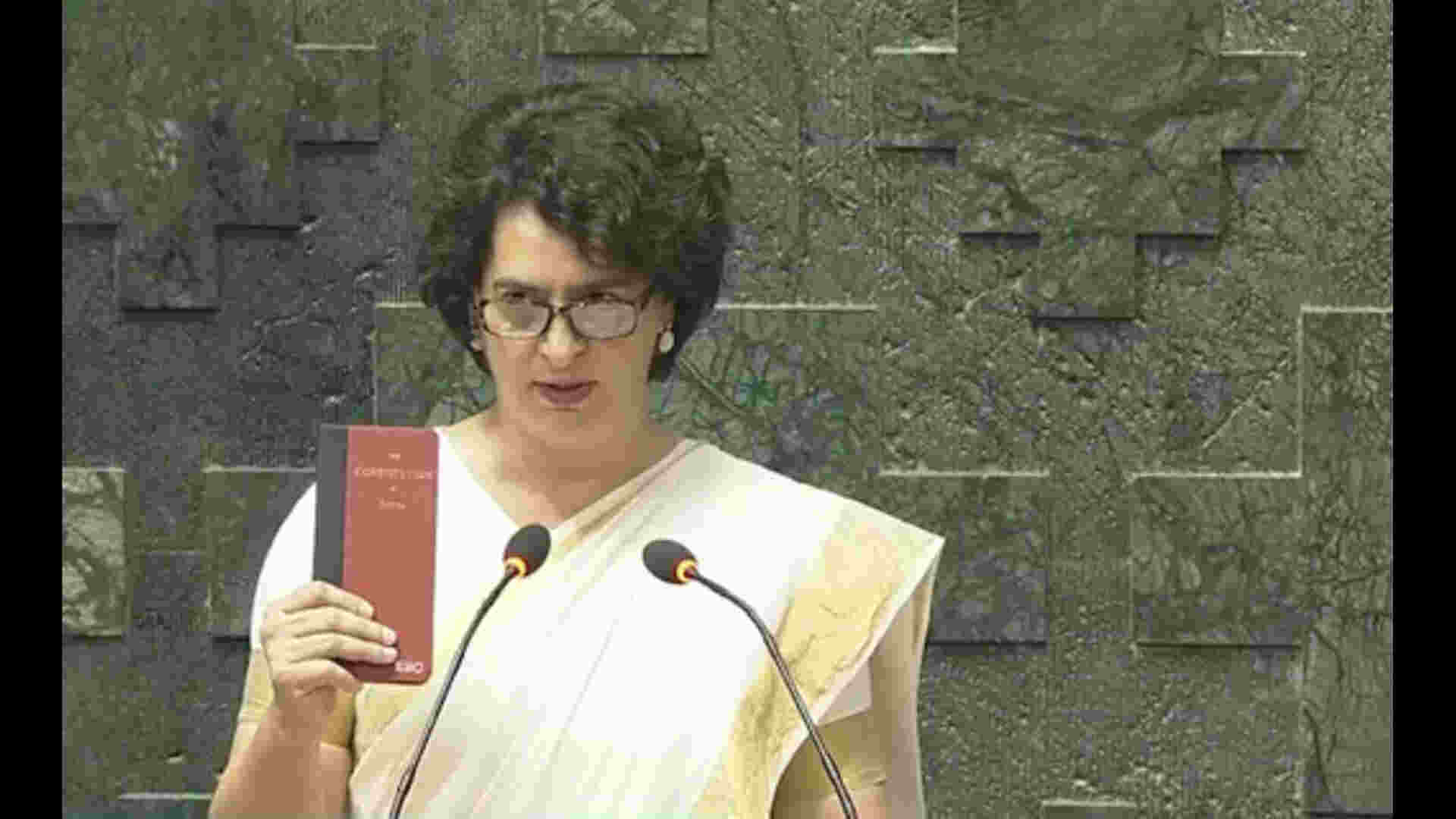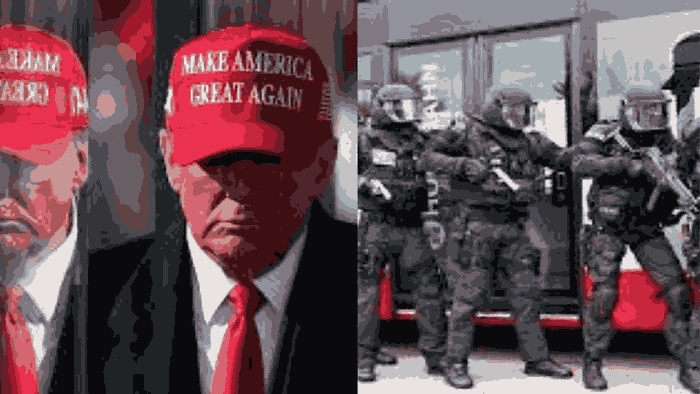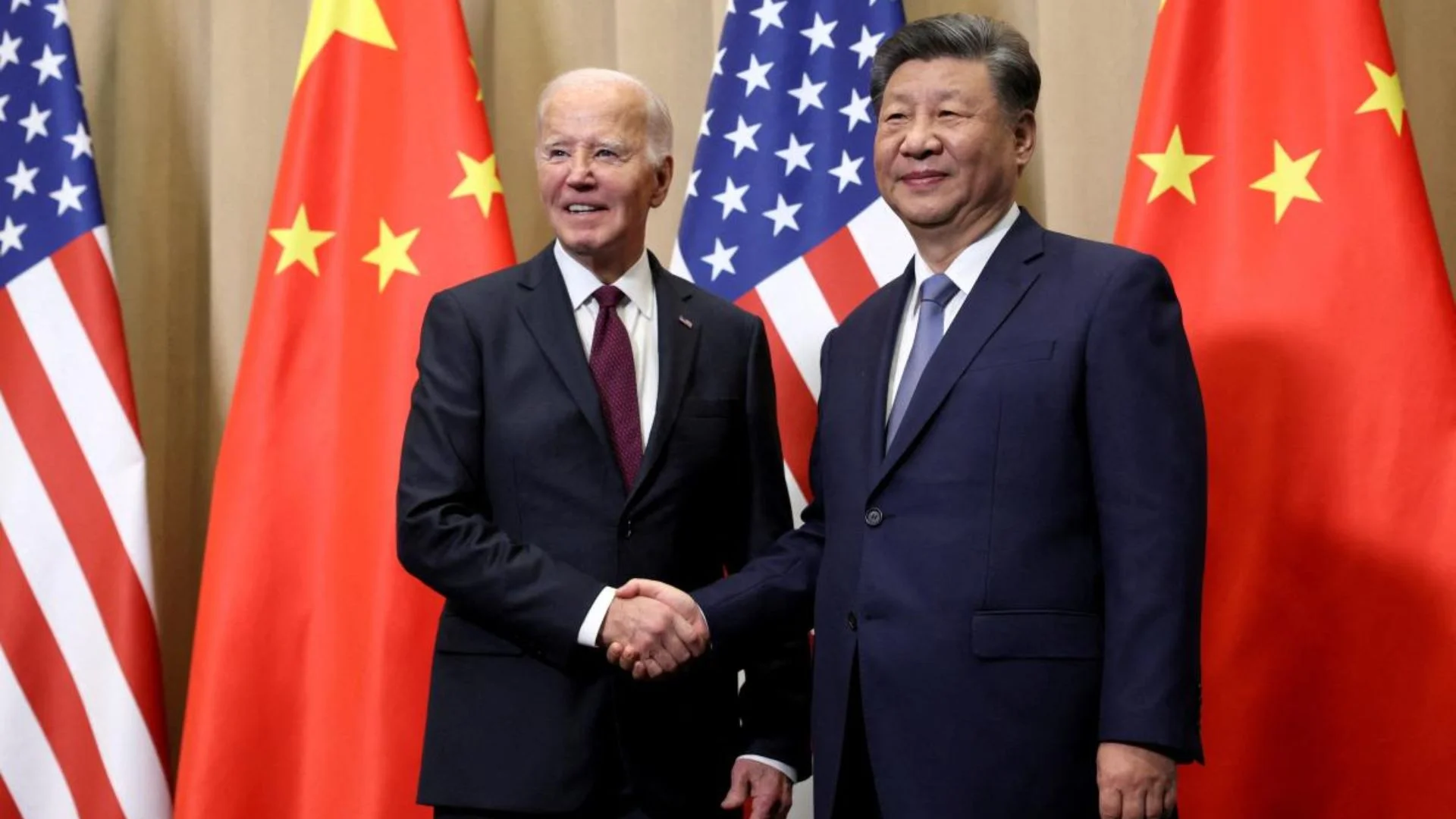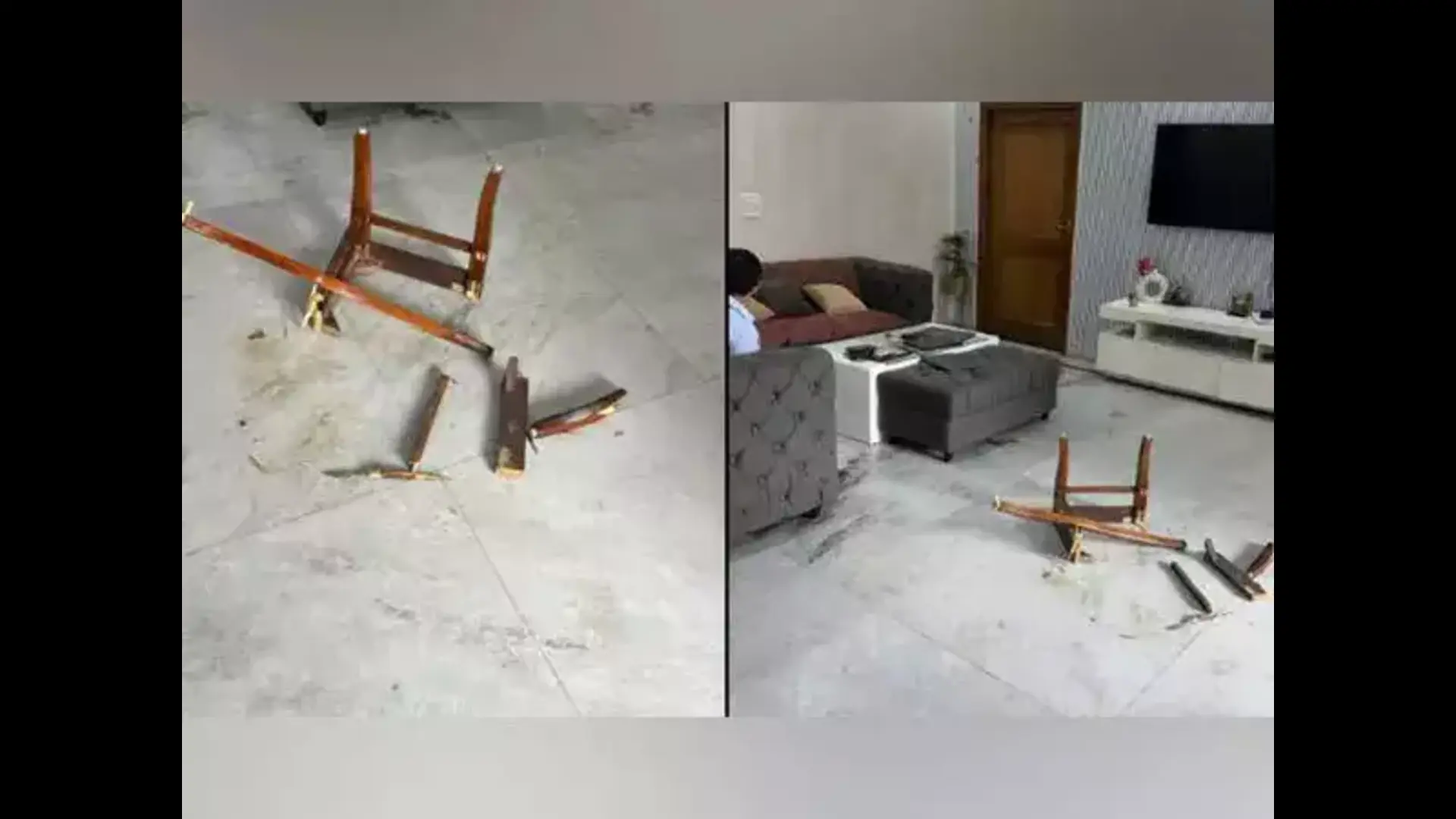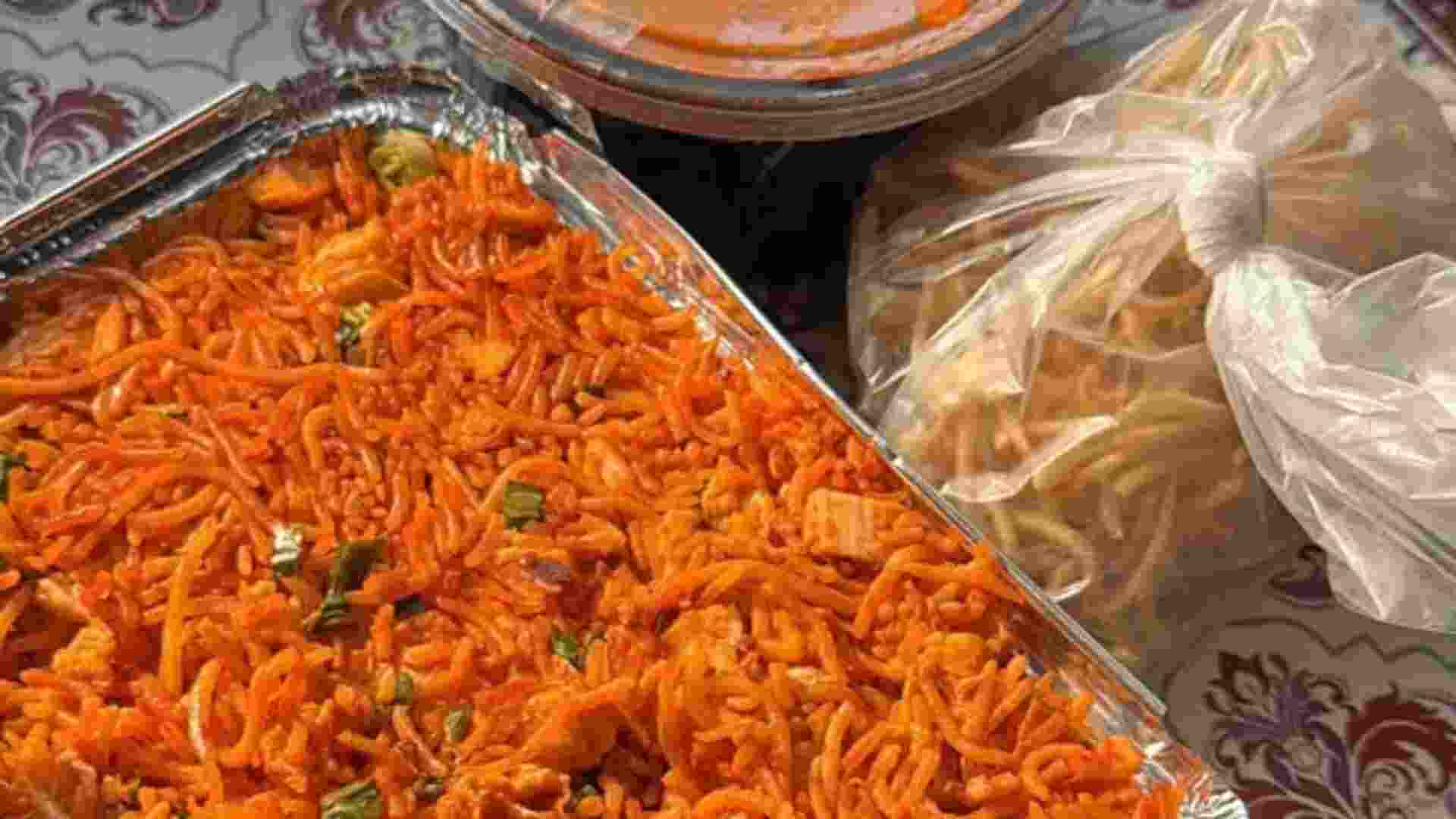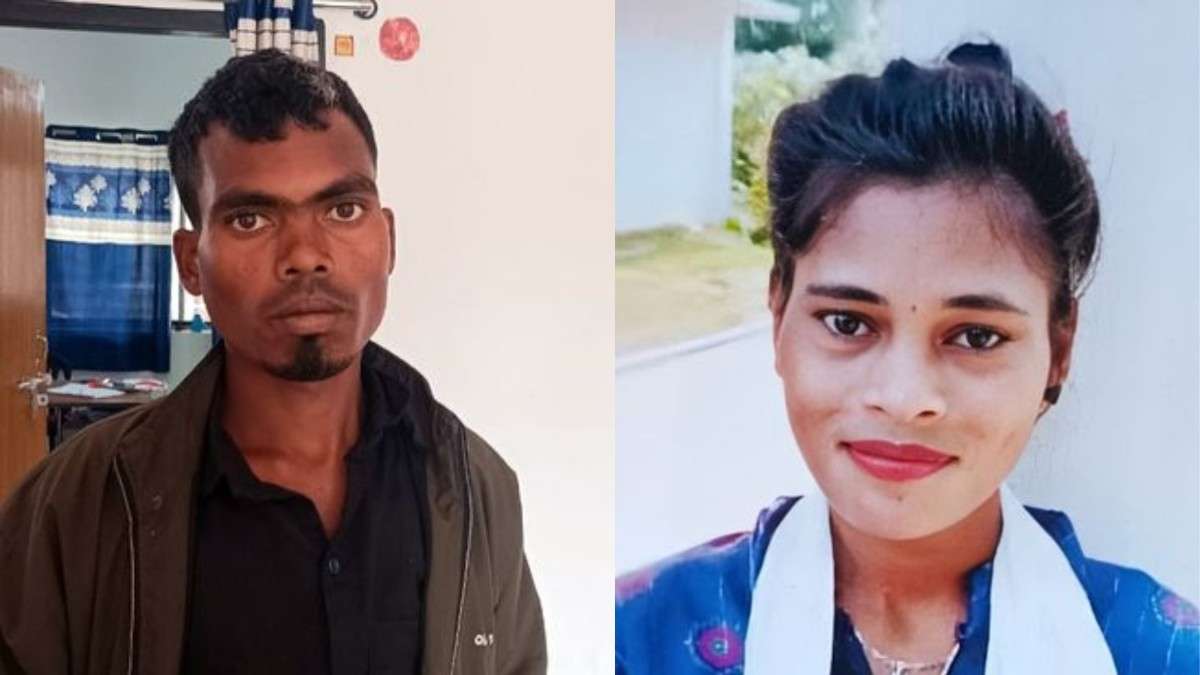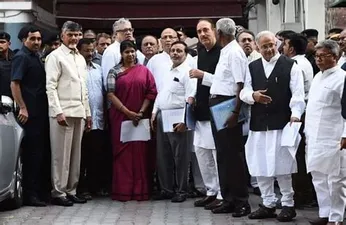
The Supreme Court on Wednesday refused to entertain the plea filed by Congress-led 14 opposition parties, alleging “arbitrary use” of central probe agencies like the Central Bureau of Investigation (CBI) and the Enforcement Directorate (ED) against Opposition leaders and seeking a fresh set of guidelines governing the arrest, remand, and bail.
After the top court did not show any interest in the petition, Senior advocate Abhishek Manu Singhvi appearing for opposition parties, sought to withdraw the plea. A bench headed by Chief Justice of India D.Y. Chandrachud said that politicians stand on the same footing as citizens of this country.
The top court said that the political leaders don’t enjoy immunity and can’t claim a higher identity. The court questioned how can there be a different set of procedure for them and said that there cannot be guidelines only applying to politicians.
Senior advocate Abhishek Manu Singhvi appearing for Opposition parties said that from 2013-14 to 2021-22, there is a 600 per cent increase in CBI and ED cases. “A total of 121 political leaders have been probed by ED, of which 95 per cent are from the opposition parties,” Singhvi said.
For the CBI, out of 124 investigations, over 95 per cent are from opposition parties. This has a chilling effect on the legitimacy of political opposition, Singhvi told the Supreme Court.
However, the court was not convinced by the submission and remarked, “Can we say because of these statistics, there should be no investigation or no prosecution?”
“Ultimately a political leader is basically a citizen and as citizens, we are all amenable to the same law,” the court observed.
Senior Advocate Singhvi replied that the parties don’t want any pending case in India to be affected by the plea, and they are not here to interfere in the existing investigation.
The court said that the statistics in the petition pertain only to politicians. The court asked how can it lay down guidelines on arrest if there is no bodily harm or child sex abuse. The court made it clear to the petitioner that they can come to court in an individual case and the court will consider it.
Singhvi told the Supreme Court that mass arrests are a threat to democracy, it is a sign of authoritarianism, and the process becomes the punishment. Where is democracy if these people are fighting cases all the time, Singhvi said.
The court observed that the moment the petitioner says democracy the petition is for politicians. The court said that the absence of specific facts to lay down general guidelines would be dangerous.
The opposition party have sought from the Supreme Court certain prospectively applicable guidelines governing the arrest, remand, and bail of persons in offences (which may or may not be punishable with imprisonment for above 7 years) not involving serious bodily harm (thereby obviously excluding homicide, rape, terrorism etc.). The 14 Opposition political parties have filed this petition before the Supreme Court of India, in light of the alarming rise in the use of coercive criminal processes against Opposition political leaders and other citizens exercising their fundamental right to dissent and disagree with the present Union Government.
The petitioner said that as for arrest and remand, they sought the triple test –whether a person is a flight risk, or whether there is a reasonable apprehension of the tampering of evidence or of the influencing/intimidation of witnesses– be used by police officers/ED officials and courts alike for the arrest of persons in any cognizable offences except those involving serious bodily violence.
The petitioner said that when these conditions are not satisfied, alternatives like interrogation at fixed hours or at most house arrest be used to meet the demands of investigation. As for bail, the Petitioners sought that the principle of ‘bail as a rule, jail as exception’ be followed by all courts throughout, especially in cases where non-violent offences are alleged, and that bail be denied only where the triple-test is met.
